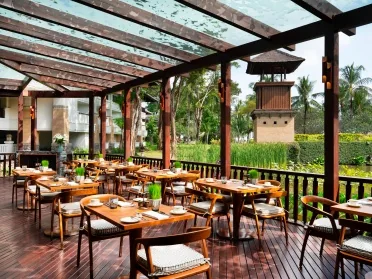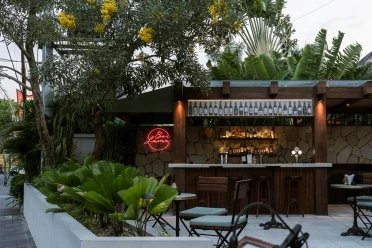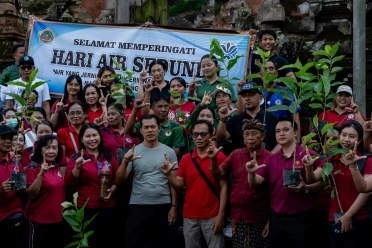In the lush heart of Taro Village near Ubud, a small conservation effort has grown into one of Bali’s most celebrated eco-tourism destinations. The Fireflies Garden, also known as the Firefly Conservation House (or Taman Kunang Kunang in local language), has been honored with a major eco-tourism award during Indonesia’s 80th Independence celebrations.
This recognition highlights not only the dedication of local residents who founded the project but also Bali’s potential to pioneer a new model of environmentally responsible tourism.
From Organic Fields to Conservation Hub
The story of the Fireflies Garden began with an organic rice field. Locals I Wayan Gede Ardika and I Komang Petak initially focused on farming practices that avoided chemical fertilizers and pesticides, creating healthier soil and cleaner water. What started as a return to natural farming soon revealed an unexpected treasure: the return of fireflies. Recognizing their ecological importance, the farmers expanded their vision from agriculture to conservation.
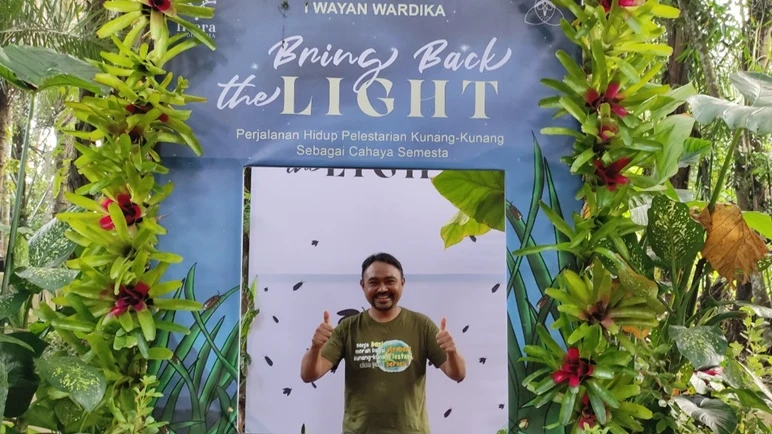
Fireflies are more than enchanting insects. They are considered bio-indicators of environmental health, thriving only in clean and balanced ecosystems. Their presence in Taro Village signaled that the organic shift was restoring natural harmony, turning the village into an unlikely sanctuary. The Fireflies Garden grew from this realization, combining conservation with a unique visitor experience that would attract eco-conscious travelers.
A Glimmering Win for Eco-Tourism
The recent award marks an important milestone for Bali’s grassroots conservation projects. The Fireflies Garden was singled out as a model of community-led eco-tourism, demonstrating how locally managed initiatives can protect biodiversity while also generating economic opportunities. The honor also raises Bali’s profile as a destination where responsible tourism is not a marketing slogan but a reality being lived in villages and rice fields.
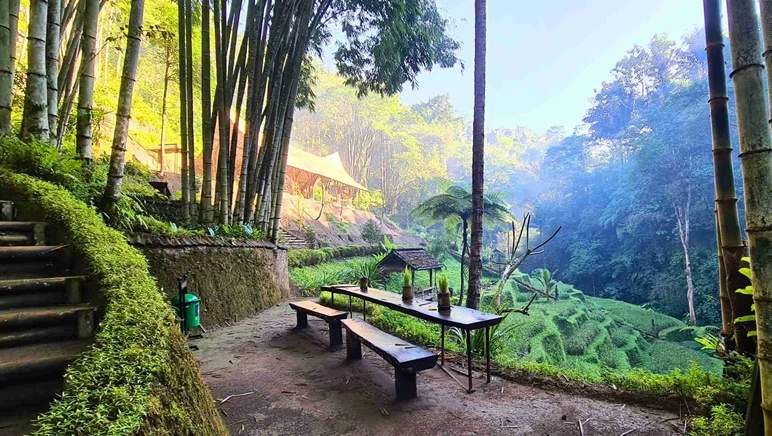
For an island often challenged by overdevelopment and the pressures of mass tourism, such recognition is more than symbolic. It suggests a pathway forward where the natural environment, local culture, and visitor experiences can thrive together.
Science, Community, and Tourism Intertwined
Beyond its appeal as a nighttime attraction, the Fireflies Garden doubles as a conservation hub. At its center is a mini laboratory dedicated to studying the life cycle, breeding, and behavior of fireflies. These efforts are tied closely to local farmers, whose adoption of organic practices ensures the survival of the insects and the continued health of the surrounding environment.
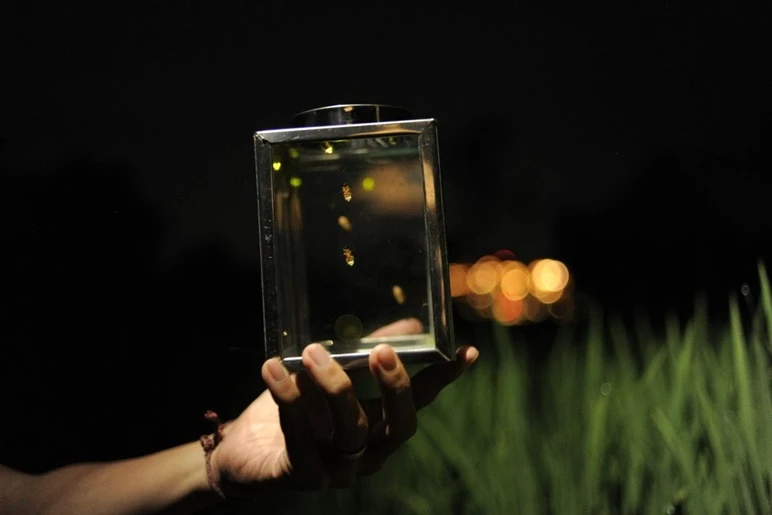
The ambition is bold. Organizers envision expanding the habitat across 27 hectares involving dozens of farmers, which would extend the flight range of fireflies throughout the landscape. Currently the project is still modest in scale, yet the long-term goal is a thriving ecosystem where fireflies can roam freely across kilometers of farmland. Achieving that will require persistence, collaboration, and policy support.
More Than Just a Tourist Attraction
The Fireflies Garden has become a draw for visitors seeking meaningful experiences in Bali. Guests come not just to marvel at glowing insects but to engage with the broader story of sustainability in action. Tourism revenues support local farmers, create alternative livelihoods, and encourage further adoption of organic agriculture. The result is a feedback loop where conservation, community, and tourism all reinforce each other.
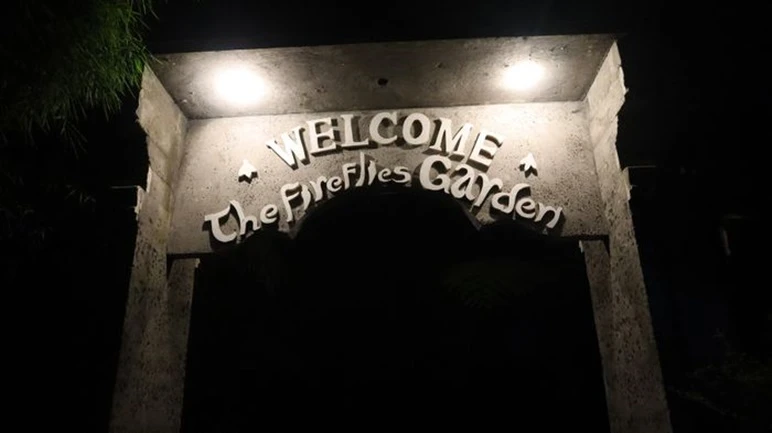
The wider implications are significant. If replicated across Bali, such models could help address the island’s most pressing challenges in agriculture, waste management, and tourism management. The recognition of the Fireflies Garden serves as encouragement for other communities to embrace innovation rooted in tradition.
The Fireflies Garden shows what is possible when local wisdom, scientific research, and eco-tourism converge. Its accolade is a win not just for one village but for Bali as a whole. The challenge now lies in ensuring that the glow of this achievement is not fleeting but instead sparks a broader transformation in how the island approaches its future.



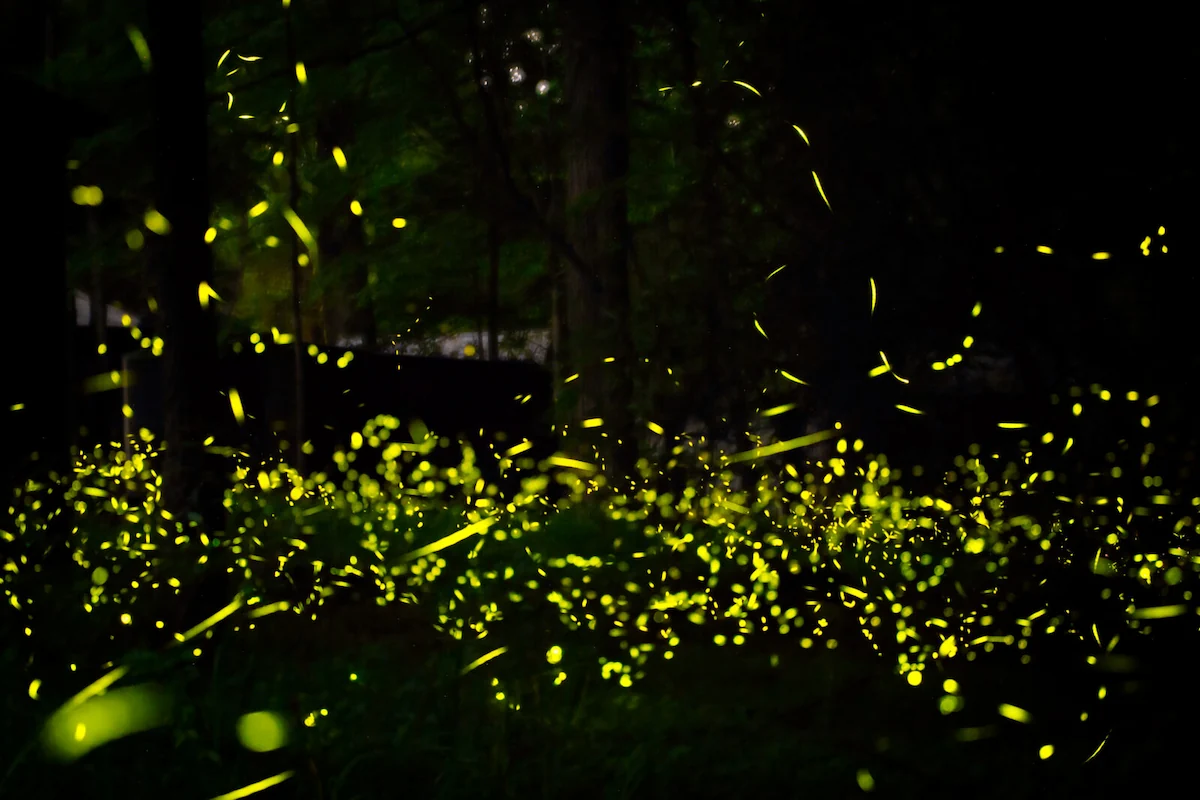
 Billy Bagus
Billy Bagus
 Aug 29, 2025
Aug 29, 2025


